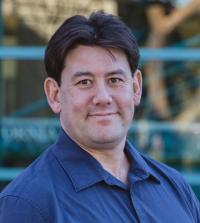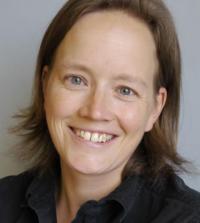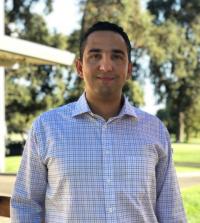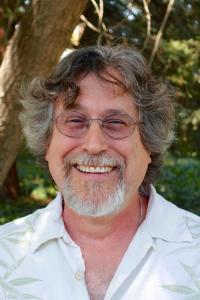Participants' perspectives
Chris Nitta, Ph.D. (2020 Cohort)

Associate Professor of Teaching
Department of Computer Science
Chris said that, while the team from Computer Science was already familiar with program-level assessment, PACE4Equity broadened their perspectives. "Even though in Engineering, we have guidelines from ABET, PACE4Equity opened our minds to ensuring our assessment process centers on equity." The team undertook a thorough examination of their program-level assessment practices and made changes based on what they discovered. For example, Chris said that "providing students multiple opportunities to demonstrate their learning in a class and throughout the program is one way we're promoting equity." Chris believes that students will also benefit from the team's work: The newly revised--and more transparent--curriculum will enable faculty to choose assessment tools are that are inclusive and equitable for students.
Anne Todgham, Ph.D. (2020 Cohort)

Associate Professor and Chair
Department of Animal Science
Anne explained that participating in the PACE4Equity program provided many opportunities to think more deeply about Animal Science, which was recognized by their program review external review team. “They mentioned to me that one of the highlights of the self-review document was our commitment to assessment of our program. We couldn’t have written this without all the things we learned in PACE4Equity.”
Payam Vahmani, Ph.D. (2021 Cohort)

Assistant Professor, Nutritional Enhancement of Animal Sourced Foods
Department of Animal Science
Payam described himself as having been an assessment novice before participating in PACE4Equity. “At first, I had no clue,” he said. “But now I’ve changed the way I approach evaluation.” One major change for Payam is beginning his course planning by reflecting on the Program Learning Outcomes (PLOs). During PACE4Equity, Payam and his ANS team colleagues co-created a rubric for assessing attainment of one of the PLOs. Payam adapted that program-level rubric for his courses. Another of Payam’s equity-minded assessment practices is sharing the rubric he uses to assess student work in advance. He also provides his teaching assistants with explicit details for using the rubric to promote equitable and reliable assessments of student learning.
Mitch Singer, Ph.D. (2021)

Professor, Microbiology and Molecular Genetics
Department of Microbiology and Molecular Genetics
"I was extremely skeptical at first, but PACE4Equity turned me into a believer," said Mitch. He credits the dedication and collaboration of the department’s faculty of teaching for changing how the department approaches assessment. "The work they did makes it easier to focus on equity." Among the concrete products the team developed are a revised curriculum map that accurately indicates courses from which direct evidence of student learning is drawn; and assessment materials for each of those courses. Mitch said that their colleagues have expressed appreciation for the models for equity-minded assessment they can use in individual courses and for department-wide inquiries about student learning. "I’ve changed the way I approach teaching and assessing. Now, I focus on the PLOs first, provide rubrics in advance, and teach TAs now to assess fairly and equitably."